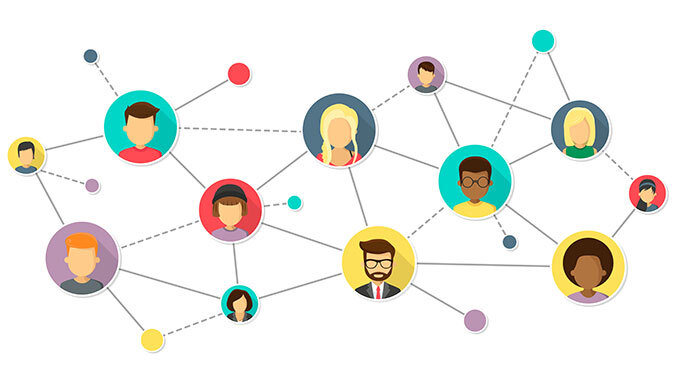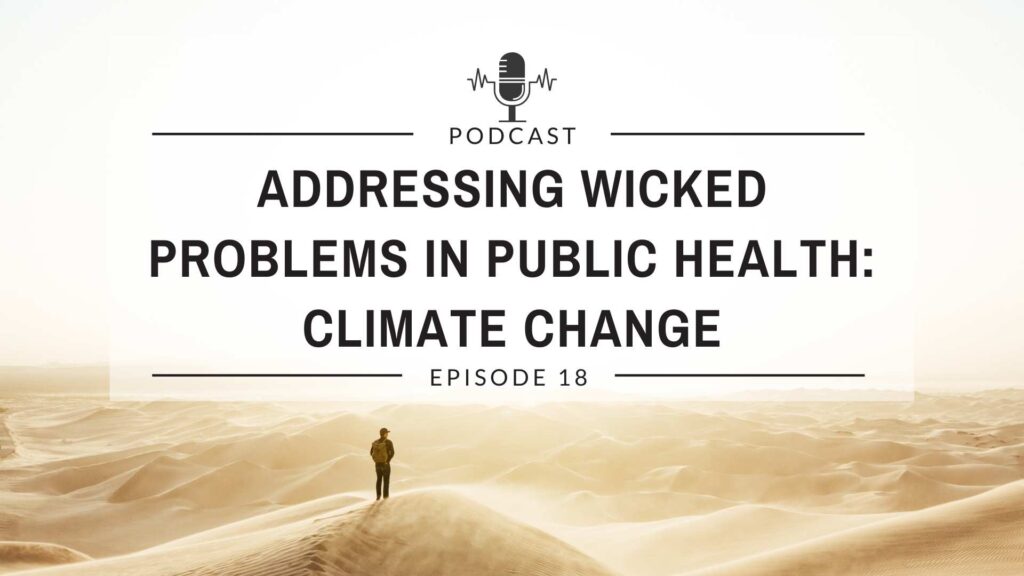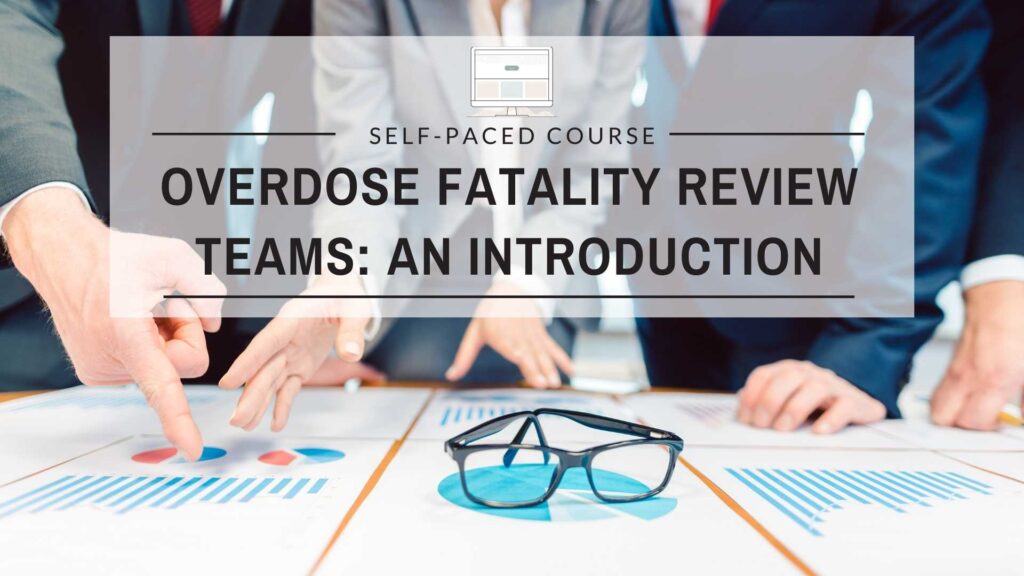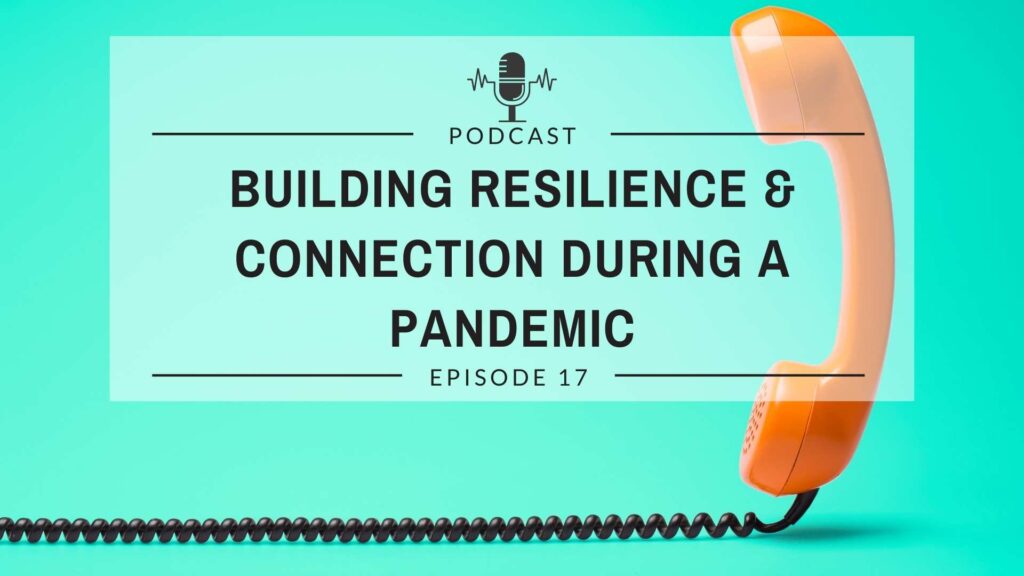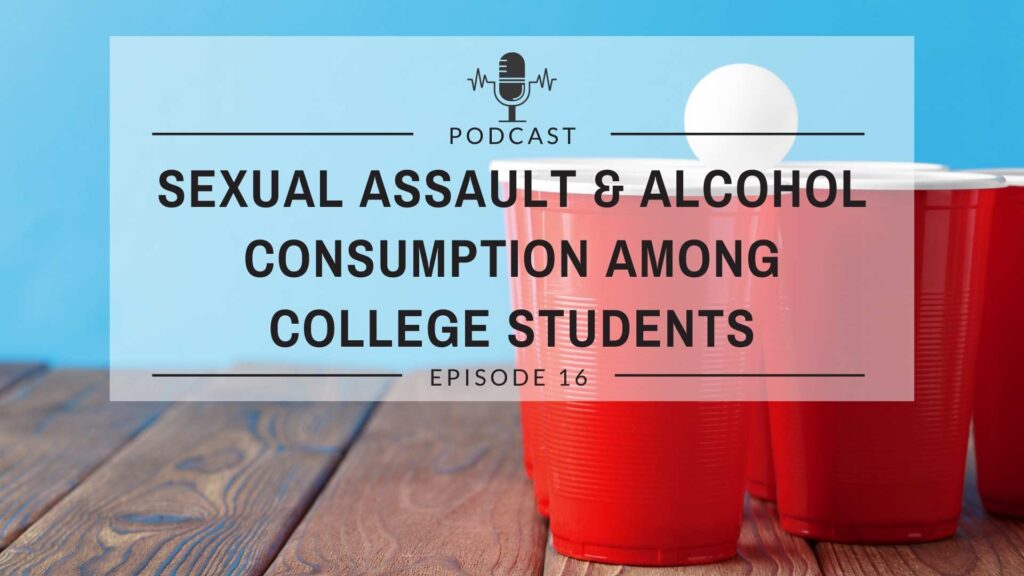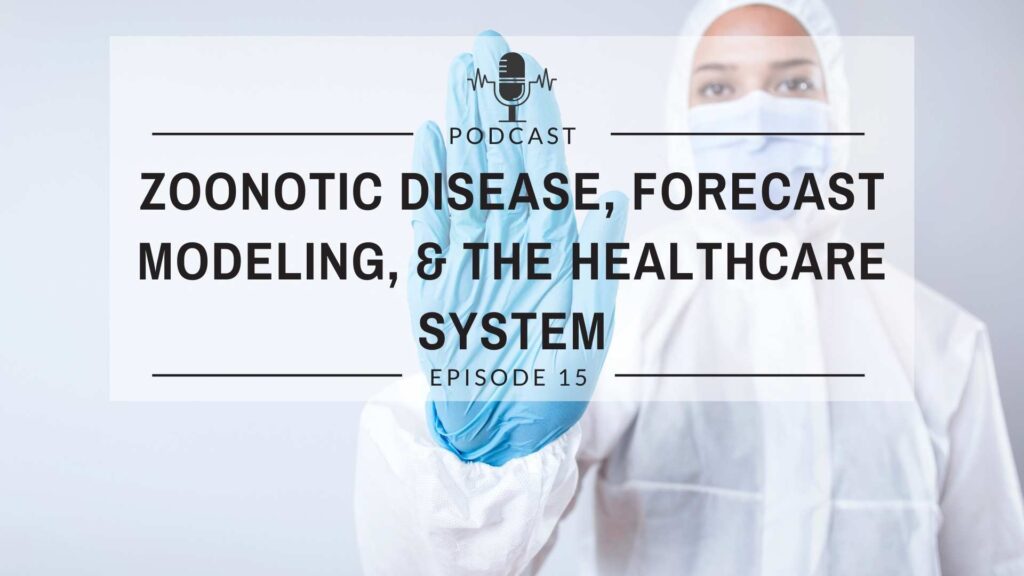The Zuckerman College of Public Health Contact Tracing Program is a 7-module training for Contact Tracers in the State of Arizona. This course covers; an introduction to contact tracing, epidemiology of COVID-19, communication skills, the Incident Command System, the Medical Electronic Disease Surveillance Intelligence System, and the economics of contact tracing, and the State politics of a pandemic.
After completing this course, you will be able to effectively perform the duties and responsibilities of a contact tracer with a working understanding of the systems, tools, and policies with contact tracing.


